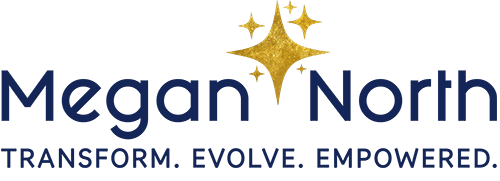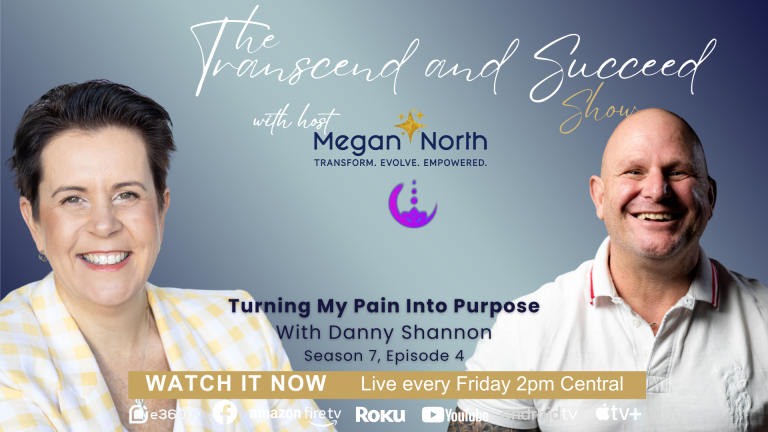Balancing High-Pressure Deadlines and Employee Mental Health in IT Workplaces
The IT industry thrives on innovation, agility, and rapid problem-solving. However, the constant pressure to meet deadlines, push new features, and manage system reliability can take a toll on employees’ mental well-being. High expectations, long hours, and demanding workloads contribute to burnout, decreased productivity, and increased attrition rates.
As leaders and managers in IT, balancing performance with mental well-being isn’t just an ethical responsibility—it’s a business imperative. A mentally healthy workforce is more
engaged, innovative, and capable of sustaining long-term success. So, how can IT managers foster an environment that drives productivity while safeguarding their team’s mental health?
The Hidden Cost of High-Pressure Deadlines
IT professionals are no strangers to tight release cycles, unexpected system failures, and high-stakes deliverables. However, when the culture prioritizes deadlines over well-being, it creates an unsustainable environment.
The Consequences of an Always-On Culture
- Burnout and Mental Fatigue: Continuous high-pressure work without sufficient recovery time leads to exhaustion, reduced cognitive function, and decision-making errors.
- Higher Turnover Rates: When stress becomes unmanageable, employees seek healthier work environments, leading to increased recruitment costs.
- Decreased Innovation: A stressed team operates in survival mode, reducing their ability to think creatively and solve problems effectively.
- Health Issues and Absenteeism: Prolonged stress contributes to anxiety, depression, and physical ailments, increasing sick leave and healthcare costs.
Strategies to Balance Performance and Well-being
The IT industry’s fast-paced nature makes it unrealistic to eliminate pressure altogether. However, proactive strategies can create a workplace where employees feel supported, empowered, and able to perform at their best.
1. Implement Realistic Project Timelines
Overpromising and underestimating project timelines contribute to crunch culture. Foster realistic planning by involving your team in setting deadlines and using agile methodologies that allow flexibility and iteration without undue stress.
2. Encourage Open Conversations About Mental Health
A culture that normalizes mental health discussions reduces stigma and encourages employees to seek support when needed. Train managers to recognize signs of burnout and provide mental health resources, such as Employee Assistance Programs (EAPs).
3. Promote Work-Life Balance with Clear Boundaries
In an industry notorious for late-night emergency fixes and weekend deployments, leaders must model and enforce healthy work boundaries. Encourage no after-hours emails, flexible work schedules, and mandatory rest periods after on-call shifts.
4. Provide Mental Health Support & Training
Invest in workshops and programs that equip employees with tools to manage stress, prevent burnout, and build resilience. Leaders should also receive mental health training to ensure they can support their teams effectively.
5. Recognize and Reward Efforts Beyond Productivity
Instead of solely celebrating output and project completion, acknowledge employees who demonstrate collaboration, problem-solving, and mentorship. This fosters an inclusive and psychologically safe work environment.
Invest in a Sustainable IT Workforce
Balancing deadlines with mental health isn’t about sacrificing productivity—it’s about ensuring long-term success and retention. IT managers who implement mental health initiatives create workplaces where employees thrive, leading to higher engagement, stronger team cohesion, and innovative solutions.
Want to learn more about fostering a mentally healthy IT workforce?
📥 Download Our White Paper
“CTRL+ALT+MH&W: Balancing Business and Wellbeing in IT Workplaces” – A guide for IT leaders on managing performance while prioritizing mental health. Click here.
📅 Book a Consultation with Megan
Megan offers expert-led workshops designed to support IT teams in stress management, resilience building, and sustainable high performance. Contact Megan today to bring this crucial training to your workplace.







